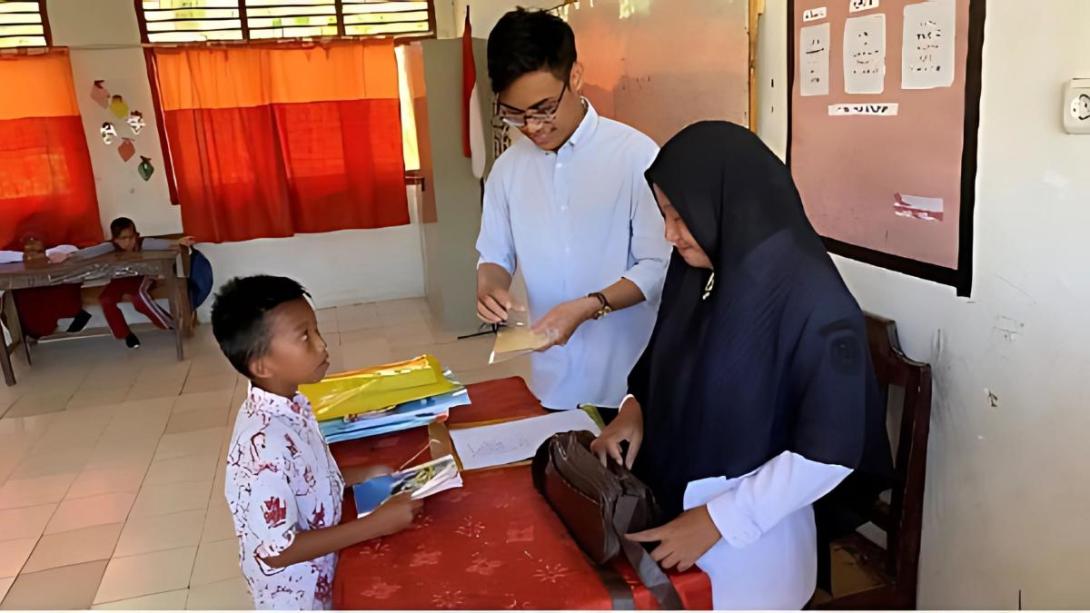
“We used to think that students were having the problem, but we discovered that teachers and parents are equally part of the challenge—and the solution.”
The overall goal of the prototyping project is to co-design a behavior management program in order to create positive and functional learning environments which minimize disruptive behaviors in the classroom.
Main Objectives:
- Build the skill and confidence of young researchers with diverse backgrounds to be able to run a co-design project
- Accommodate dropout students, current active students, teachers, and/or school counselors to share their experiences through participatory focus group discussions and co-creation activities.
- Co-design with teachers a behavior management program to promote positive behavior change
- Build the capacity of teachers to implement the behavior management strategies in the classroom
- Improve students’ engagement in the classroom
- Improve positive behavior of students at school
Victor Matanggaran’s project, “Ayo Ke Sekolah” (Let’s Go to School), was designed to tackle the issue of school dropouts in coastal and rural communities in Mamuju, West Sulawesi. Using a co-design and participatory research approach, the project aimed to build empathy, understand root causes of school disengagement, and develop a behavior management prototype with teachers. The project team immersed themselves in the Kayumate sub-village, where children—especially boys—were leaving school to fish with their fathers or due to early marriage, poverty, peer influence, or lack of parental support. The project explored how teachers, students, and parents perceive education, and revealed deeply ingrained social, economic, and cultural barriers to learning.

Victor’s team conducted community immersion, FGDs (focus group discussions) with dropout students, young mothers, teachers, and active students, and tested a co-designed token-based behavior management system in SD Inpres Malolo. This prototype aimed to motivate students with positive reinforcement such as mission-based goals and rewards. Teachers initially used punishment-based approaches but became motivated to apply the new positive techniques. Students responded with improved behavior, attendance, and classroom engagement. Although challenges remained, such as inconsistent teacher attendance and external community influences, the prototype showed early success in shifting student behavior.
The project also empowered young local researchers, involved 60 participants across demographics, and succeeded in building teacher ownership over the behavior management strategy. Victor reflected that the solution to school dropout lies not only with students but also with teachers and parents, and emphasized the importance of empathetic, systemic, and adaptive approaches. His team now plans to integrate this method more broadly, and the school principal has pledged to continue funding the program. The project shifted its theory of change—from supporting individual students to strengthening teacher capacity as a lever for system change.

